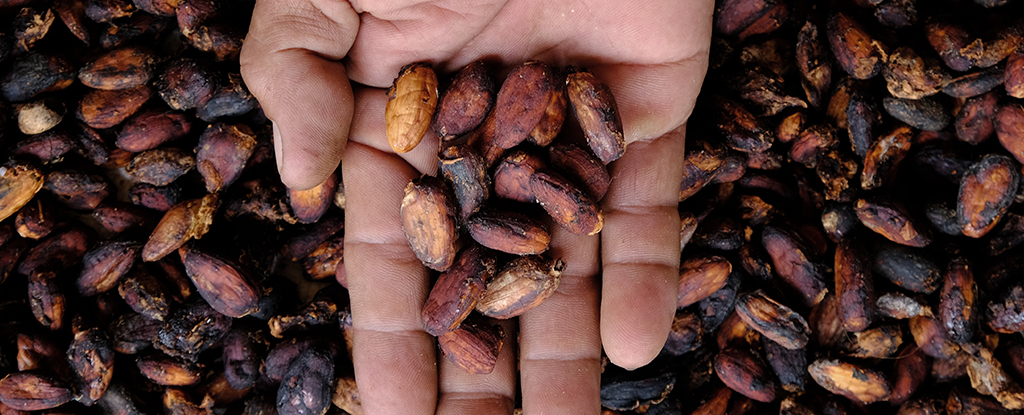
Research conducted by an international team of scientists indicates that cocoa extract may play a significant role in reducing age-related inflammation, which could lower the risk of cardiovascular disease. The study, which involved 598 healthy adults aged 60 and over, examined the effects of daily supplementation with cocoa extract over a two-year period.
Cocoa flavanols, the compounds found in cocoa beans, have been associated with various health benefits, particularly in reducing inflammation. According to Howard Sesso, an epidemiologist at Brigham and Women’s Hospital, prior studies suggested that flavanol-rich foods and beverages, such as chocolate, could decrease mortality rates from cardiovascular disease. The team aimed to explore whether cocoa extract supplementation could influence inflammation processes known as “inflammaging.”
Participants were divided into two groups, with one receiving a daily dose of 500 milligrams of cocoa extract and the other a placebo. Throughout the study, researchers measured inflammatory biomarkers in the blood, specifically focusing on high-sensitivity C-reactive protein (hsCRP), a recognized indicator of systemic inflammation and cardiovascular disease risk.
The results indicated that cocoa extract supplementation significantly slowed the rise in hsCRP levels, particularly among participants who initially faced a high risk of heart disease. The findings suggest potential health benefits, but the implications for overall health remain unclear. Future studies may explore additional factors, such as cytokine changes, which could reveal more about the relationship between cocoa extract and inflammation.
“In our study, we also observed an increase in interferon-γ, an immune-related cytokine, which opens new questions for future research,” stated Yanbin Dong, a cardiologist and population geneticist from Augusta University. He emphasized that while cocoa extract should not replace a healthy lifestyle, the study’s outcomes highlight its potential in managing inflammation as individuals age.
Furthermore, a previous investigation, the Cocoa Supplement and Multivitamin Outcomes Study, reported that cardiovascular-related deaths were 27 percent lower among seniors taking cocoa supplements. This suggests that hsCRP may contribute to reduced cardiovascular disease risk by mitigating inflammation.
The study received partial funding from investigator-initiated grants from Mars Edge, a division of Mars Incorporated, raising questions about potential biases in health-related outcomes associated with cocoa extract. Nevertheless, the findings underscore the importance of plant-based foods in promoting cardiovascular health.
“This study calls for more attention to the advantages of plant-based foods for cardiovascular health, including cocoa products rich in flavanols,” Sesso noted. “It reinforces the necessity of a diverse, colorful, plant-based diet, especially in relation to inflammation.”
The research has been published in Age and Ageing, contributing to the growing body of evidence supporting the health benefits of cocoa. With further investigation, cocoa extract supplements may emerge as a viable option for managing inflammation and reducing the risk of heart disease, potentially leading to improved health outcomes in older adults.






